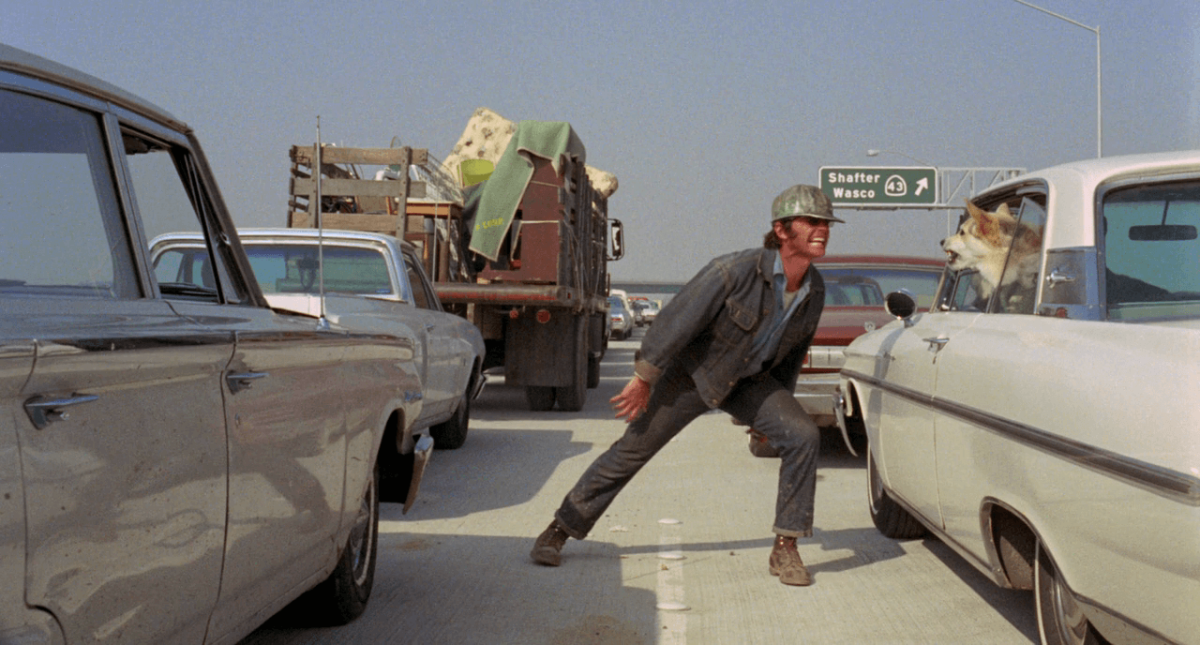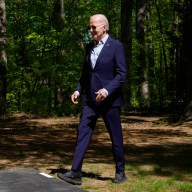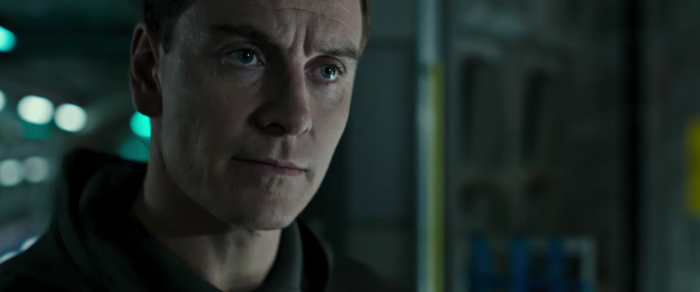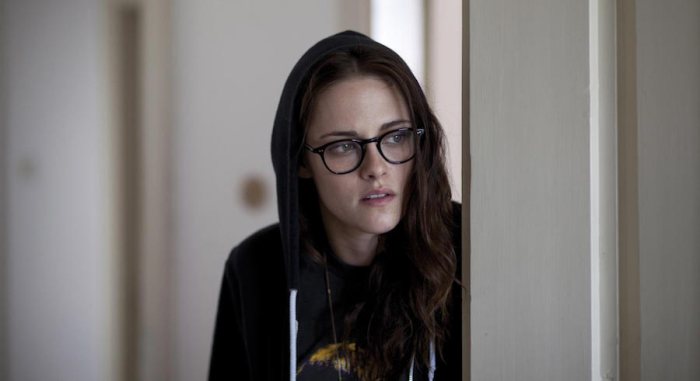‘Five Easy Pieces’ It’s hard to imagine it now but there was a long stretch when Jack Nicholson was not popular. Before he hijacked the middle half-hour of “Easy Rider,” he was a struggling actor and sometime aspiring filmmaker. If the masses had seen him at all it was likely as a bland rent-a-hunk in one of the two Edgar Allan Poe movies made by Roger Corman, one of his most frequent employers during the ’60s. His biggest hit before then didn’t even feature him: “The Trip,” Corman’s tacky acid movie, featuring a screenplay by Nicholson but no physical Nicholson. There’s also a blink-and-miss walk-by in the nutso Monkees movie “Head,” which had been written by him, Bob Rafelson and the fake-but-real band, dreamt up as they sat around a hotel room filled with recreational pharmaceuticals. Then it all changed. 1969 was the year of “Easy Rider” and the first real signature Jack role: lit-up, eyebrow-arching, goofing through his lines through a Cheshire grin. The next year he had his first major vehicle: “Five Easy Pieces,” a gritty drama, newly reissued on Blu-ray by Criterion, with Nicholson as one of his better charismatic assholes, and at a time when they were relatively new to being movie protagonists. He’s Bobby Dupea, who never mentions that his middle name is the classy Eroica because that might blow his cover. Bobby works go-nowhere construction jobs, lives with a dim girl (Karen Black) he mostly keeps around for verbal abuse and wants nothing but to drink crappy beer with his reprobate buds. It takes 20 minutes to reveal that he’s actually hiding his past, having run away from a family of musicians and what could have been a thriving career playing classical piano. Corman had made Nicholson flush with work throughout the ’60s, but it was his relationship with Bob Rafelson that proved the real long con. Nicholson worked his way up from co-writer to supporting player to star in the span of a few movies, and by the time he was installed in the public consciousness he had cut his teeth for long enough to find his signature shtick. Nicholson’s Bobby shares the same gift for titanic jerkitude that plagues his characters in “Carnal Knowledge” and “The Last Detail” — a type he’s only returned to a handful of times since. Audiences tend to demand the cartoonish Jack, but he’s arguably even more magnetic when playing bullies who can barely mask their self-hatred. The film’s most undying moment — the “hold it between your legs” line, delivered to a surly waitress — is a classic moment of pure pigheadedness, as well as another reminder that the auteur ’70s were not a great time for women. Not that Bobby Dupea is a one-note bastard. He’s someone who truly does not have a place in the world. He can bust out a mean Chopin like it was nothing, but that ease is what bores him. The loose plot has Bobby visiting his father’s moneyed estate upon hearing of his waning health, where upon we learn he’s too prickly to hang with the intellectual artists types. At the same time he’s far too smart to feel at home among society’s alleged dregs. There’s a typically ambiguous ’70s ending, but Bobby’s lost long before then.
Criterion Collection
$39.95
‘Five Easy Pieces’ shows Jack Nicholson is best when mean

Criterion Collection
Follow Matt Prigge on Twitter @mattprigge


















